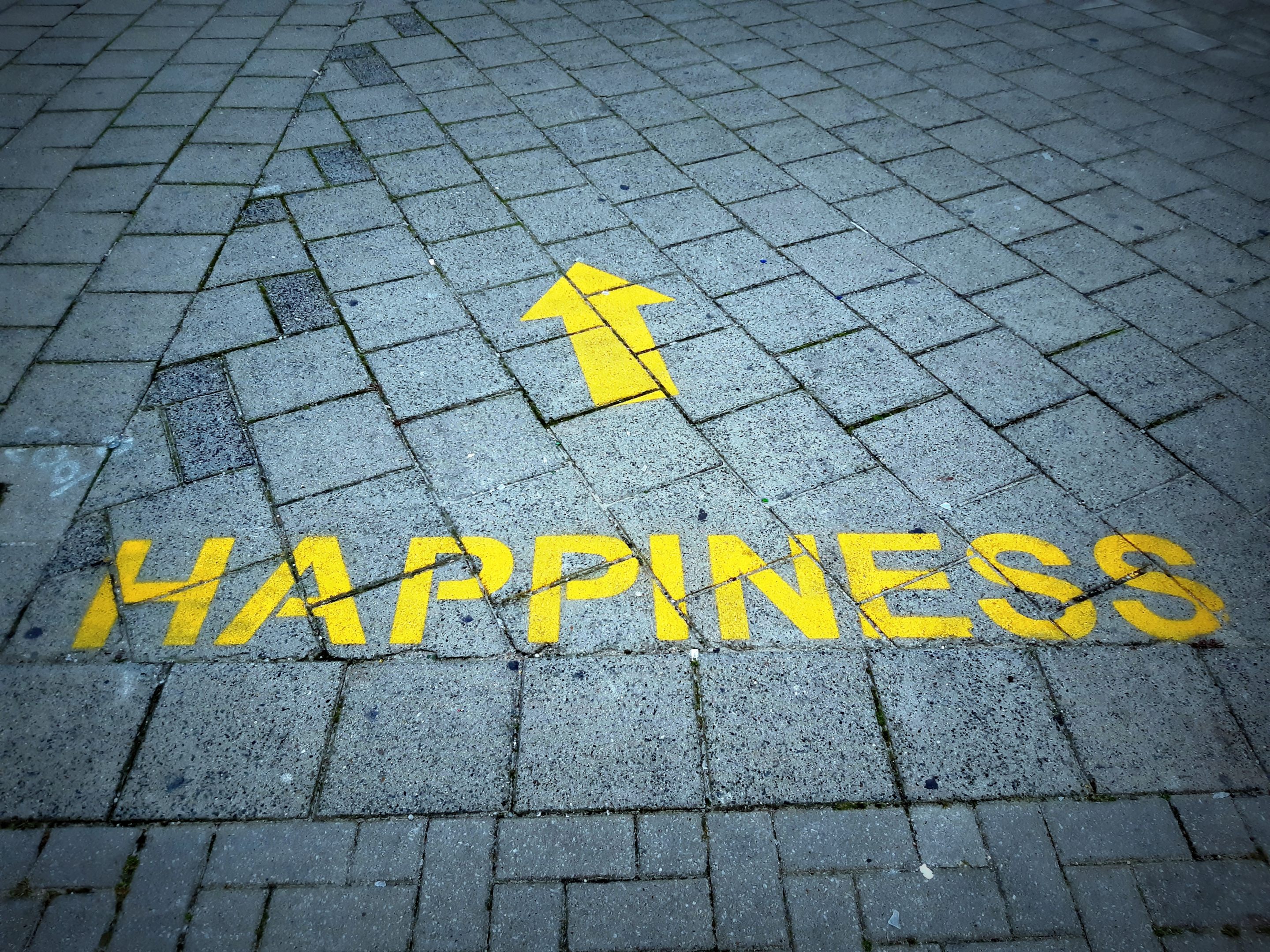When you think of career counseling, you probably think of hard skills. How to spruce up your resume. How to stand out in the workforce. Or how to nail your interview, and the best follow-up message to seal the deal. But let’s back it up — back it waaay up. How do you know the job you’ve applied for is the one you really want? And what if you already know you don’t want it… but you don’t know what you DO want instead? That’s where the distinction between traditional career counseling and career discovery coaching really matters.
So let’s look at what makes these specialties so different, and find out how to choose the resource that will get you the results you really want.
What Is Career Counseling?
Career counseling is available for anyone in the workforce, including students getting ready to launch their careers and long-time employees. According to the APA, career counselors typically support you to further, adapt, or change your career plan through advice and guidance.
They’ll listen carefully to your opinions and preferences, assess your skills and experience, and make suggestions. For example, they may suggest career options and job search tactics. Or you might receive advice on crafting better cover letters and updating your resume to impress potential employers.
The key here is that this service is typically advice-based; you’ll pay to receive suggestions and guidance.

What Is Career Discovery Coaching?
Career transition coaching (also known as career discovery coaching, career transformation coaching, career exploration coaching…) supports you in analyzing and transforming your career, like counseling does. And in both cases, your counselor and coach will explore your interests, career goals, and work history as part of their services.
But the biggest difference is the output.
The output from completing career counseling is advice, guidance, and suggestions from the counselor.
But in career discovery coaching, YOU drive the output. In general, your coach will not suggest what skills you should work on, what course you should take, which career options or employers are right for you, or where to focus your time. Instead, your coach will listen with curiosity and ask targeted questions. We ask — we don’t advise.
A coach’s goal is to support YOU in creating the best next steps for you.
“But can’t I do that myself?”
Well, if you could have, you probably already would have… right?
It’s not that you’re doing anything wrong! Successful coaching relationships help you explore realizations you just haven’t found on your own.
The right question can unveil a hidden answer. Honestly, it’s a little bit magical! Once you experience it, you immediately understand its power.
Check out my article Therapist, Mentor, or Coach for more about how coaching stands out from other supportive industries.

Which One Should I Pick…
…For An Active Job Search? Career Counselor
If you’ve been laid off, are having trouble making ends meet, or otherwise urgently need a new gig, your priorities might not be based on your interests. Instead, you’re probably examining the job market in your current industry, refining your cover letter, and applying to lots of jobs, hoping to get job offers ASAP.
If that sounds like you, career counseling is probably the better choice. That’s because you’re not currently looking to explore new careers. If you’re having trouble landing an interview or making it all the way to a job offer, there may be concrete hard skills you can harness to help you meet that short-term goal.

…For A New Career Plan? It Depends
If you already have a goal of changing careers but need support making a plan, reflect on the clarity of that plan to determine the right choice.
Are you starting from scratch, doing research, and exploring all kinds of industries to identify a new career that matches your interests? Career discovery coaching could be perfect for you. That’s because at this stage, there are no wrong answers — your goal isn’t to dive straight into the workforce, but to first discover the path that’s right for you. And to do that successfully, it’s better to be supported in discovering your own right answer — not to be bombarded with other people’s opinions.
On the other hand, if you know what new career you’re interested in and you could use advice, a mentor, or just some structure in making the leap from one industry to the next, a career counselor could be the best choice for you! That’s because at this point, your journey is less about self-exploration and more about finding the right resources, understanding your new workforce, and taking the right actions to break into the field.

…For Help Defining My Career Goals? Career Coach
Maybe you’re unhappy at your job — but that’s all you know. You’re so overwhelmed and exhausted that you don’t have the time or energy to find a way out. This is common when you’ve been in your industry for a long time. You’re pretty good at your job and you’ve gotten used to disliking it, so you can tolerate hating it for a few more months… or years… or, if you’re not careful, a few more decades.
If this sounds like you, I hate to say it, but you WILL stay stuck if you don’t take a step forward. And I do mean a step! You can’t figure it all out during your commute or your morning shower. But maybe this weekend you can take a course, research some career discovery tools, or identify an industry you’ve been curious about. And maybe next weekend, you can talk to someone who went through a career pivot and see what they did.
Career discovery coaching can be an excellent tool for taking that next step toward a new career. Coaches may have career transition coaching programs available, designed to take you from “IDK” to an exit plan. They can also help you get to the root of your dissatisfaction — so you know what to look for and can avoid those same scenarios in a new career.

Career Discovery Coaching FAQs
Here are some common questions about career transitions and career discovery coaching.
What is career development coaching?
Similar to career transition or career discovery coaching, career development coaching focuses on supporting individuals with their specific career goals. But in the case of career development coaching, people are likely seeking input or education to advance their current careers: to improve in their existing jobs, get promotions, or apply for more senior roles elsewhere. So the focus is different.
Is career coaching worth the money?
Career coaching is an investment in your future. If budget is a concern, many coaches offer payment plans!
It can be helpful to frame the investment in terms of what you get back, too. For example, if a $2,500 coaching program could save you decades of career misery, is that worth it to you?
Of course, all situations are different. And if you just can’t swing it, set up a budget to save up!
Career coaching courses, webinars, or downloads are often more affordable alternatives, but it may take some trial and error to know if these will get you the results you want.

Can a life coach help me find a career?
All certified coaches receive similar training, so a certified life coach may be able to help you identify your interests and strengths, work through challenges in your workplace and with your career, and start moving toward a new career.
However, coaching is a pretty saturated market — which means that you, as the client, have the advantage of being discerning about who you hire. Outside of generalist life coaches, there are plenty of specialized career coaches (like me!) who are particularly passionate about career transformation. That passion can make all the difference for you to identify and create a fulfilling career path that truly fits you.
Start your Career Discovery Journey
Ready to get started on your career discovery journey?
Start with a totally free, no-pressure call to see if 1:1 career coaching is the best next step for your career change —



